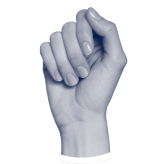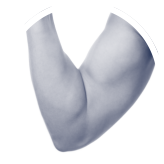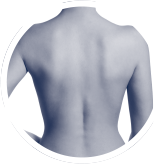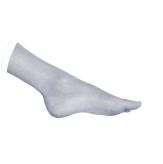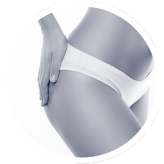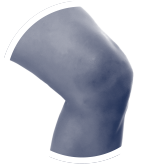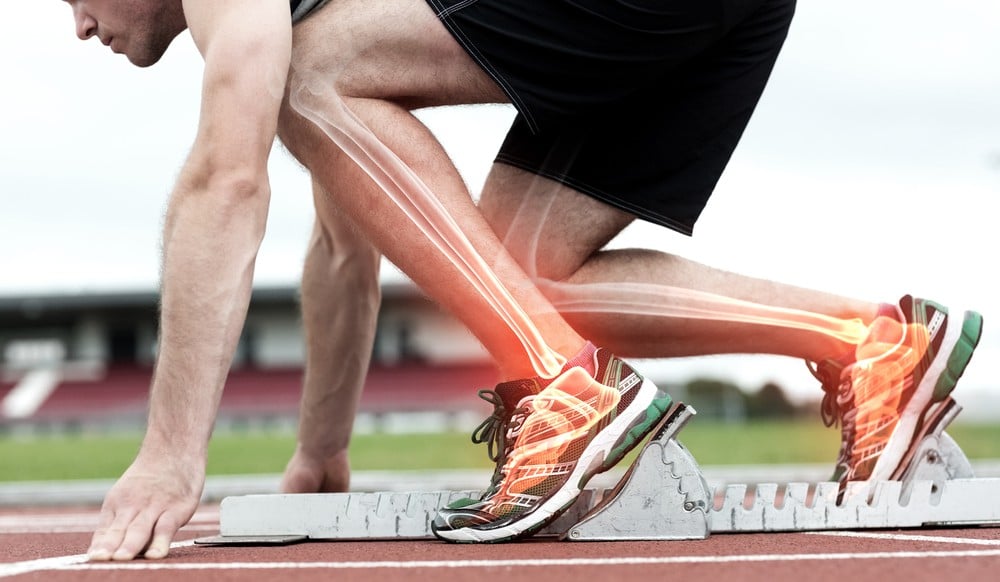
While cycling is seeing an unprecedented boom in recent years, high-impact exercises are still considered more effective for improving overall health. Running, in particular, has many upsides to your health, from improving your cardiovascular system to weight-loss to helping with depression. But one area where you may not know that can benefit is your bone density. Here’s why you should ditch your bike and pick up your trainers for the sake of your bones.
What happens to your bones during high-impact exercise?
When you exercise, the muscles that are working to keep you moving are constantly pulling on your bones. It is this stress that has a direct effect on your bone density increase, which is known as Wolfe’s Law. This research has shown that exercising with a regular impact of 4G saw that their bone density increase to provide sturdier hip bones. The study showed that bones respond to stress by reforming to better handle that stress.
Running has said to have the best effect as this exercise is the easiest to access for the majority of the population (as all you need is a pair of trainers) and works out most of your muscles – making it highly effective to increase overall bone density. By comparison, cycling actually decreases bone density.
Is there a problem of having too much high-impact exercise?
Like everything else in life, everything in moderation is key. This also applies to exercise. A healthy mileage per week for a runner falls between 12 – 19 miles, or 20 – 30 kilometres. Any more than this and you may risk permanently increasing our blood levels of cortisol. This is produced in the adrenal glands and has a detrimental effect on bone density. In marathon runners, who may average 56 miles per week have a lower bone density than people who don’t exercise at all.
What happens if my bone density becomes low?
If your bone density becomes low, it is known as osteopenia. This means that the bones aren’t replenishing the minerals in your bones as quickly as they are losing it. This can lead to weakened bones that are brittle and can fracture easier. This can lead to easier injury, of the bones, such as a fractured hip or spine.
Severely low bone density is known as osteoporosis.
What if I am an older individual who needs to increase their bone density?
This is the catch 22 with building bone density. While you need to increase it, you may not be physically able to do that activity.
Our advice would be to start doing low-impact exercises. This can include anything from a walking to doing light aerobics. While this may only minimally increase bone density, it shall help in preventing you from losing any more.
There are also lots of dietary changes you can make that can help boost your bone density. The most obvious is calcium – most mums would tease their child that if you drank your milk you would grow up big and strong – but it’s true. Calcium rich food includes cheese, yoghurt, spinach and sardines. Try adding these to your diet.
Alongside this, adding vitamin D to your diet will help your body absorb the calcium. Foods that are rich in vitamin D include shrimps, fortified cereals, eggs and tuna. Another source of vitamin D is the sun so try and exercise outside when possible.
Also, avoid foods, drinks and activities that may slow the body’s ability to absorb calcium. This includes caffeine, alcohol or smoking (and space travel).
If you are concerned about running or any negative effect of physical exercise and how it affects your joints, get in touch with a specialist at London Bridge Orthopaedics.


